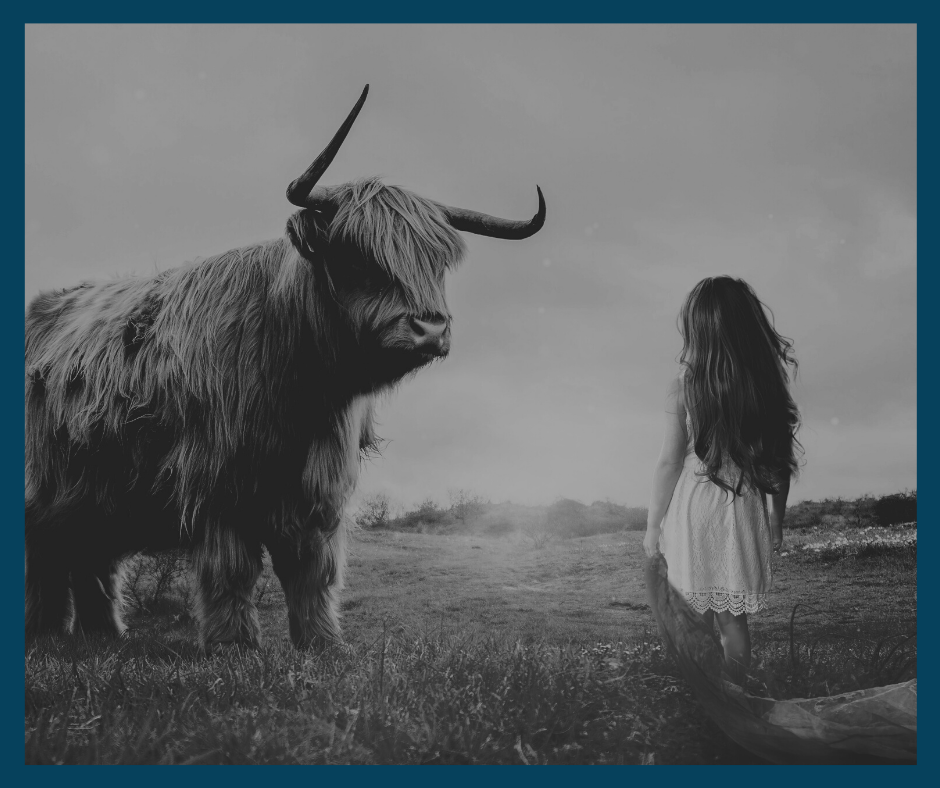It was every parents’ worst nightmare. An 11 year old boy separated from his family on a mountain hike. What followed, were a few of the most intense, traumatic hours for his Mum and Dad. Where was he? Was he OK? Was he hurt? I was this family’s full-time nanny, so I lived this day with them. I watched the raw, undiluted panic take hold.
Fortunately, this story had a happy ending, and they were all reunited later that day. Phew! Now, this boy was smart. He was a sensible, calm, intelligent young man, but he had to draw on every piece of knowledge he had to get himself out of this situation. It still moves me to this day, but, somehow, he knew to hike downwards because that would lead him to a river. He then knew to follow the river because that would lead him to a road. It was there that he found help.
Imagine the pride and security that his parents were able to take from this – the assurance that their boy had physical survival skills!
What do you do though, when you can see that your child is lost in an emotional wilderness? What then? Here are my Top 5 Emotional Survival Skills:
- Identifying Poisonous Plants: There are going to be people, situations and experiences which cross your child’s path, and which make them feel a bit sick and off-colour. Obviously, these will be different for every child, but if you can observe their reactions, you can start to get a real sense of what is ‘poisonous’ to them. From this, you will be able to help them spot the difference, and ensure that time and energy is reserved for what makes them feel happy and healthy. Obviously they won’t be able to avoid being near every ‘poisonous plant’, but that doesn’t mean they have to actively ingest them.
- Building Shelter: It’s ‘normal’ for children to feel exposed at times, and that decisions and situations are just a bit too big and scary. Everybody needs a place where they can take shelter, find warmth, and have some time-out from those more overwhelming moments. Why not let your child do some DIY or redecoration work in their bedroom, so that they can turn it into their own, private ‘shelter’. Or, they may like to make a Memory Box which contains items that mean something to them or remind them of happy times. And of course, movie-night under a snuggly blanket can often soothe that uncertainty.
- Map-Reading Skills: We all know that in order to chase our dreams and reach our goals, we need a plan! We need direction, information, breaks and achievable ‘mini-steps’ along the way. Children are very ‘in the moment’ oriented, so it’s even more important that they can see these steps and are able to celebrate the small successes on the way. We’ve all heard, “are we nearly there yet?” The answer might be, “no”, but if the journey is broken up and enjoyable, your children are more likely to stay on the path.
- Calming The Grizzly Bear: Yikes! Let’s be honest, if you came face-to-face with a grizzly bear, your fear would go through the roof! Your very survival is being threatened, so this is understandable. If the bear isn’t approaching, the advice is to avoid eye-contact and walk away slowly, but not to run. If your child is experiencing some BIG emotions such as fear, anxiety or anger, it’s important that they learn how to slow down, acknowledge and label the feeling, and diffuse the situation. This ‘fire-drill’ is something you can put in place beforehand, together as a family, so that everybody knows which steps to take when those HUGE moments do arise. This is not about running from the ‘bear’, and potentially aggravating it. This is about empowering your children in the face of fear.
- Food & Water: Ah, our very life-source. That which feeds, nourishes and strengthens. Obviously we need food and water for survival, but we also need it for growth, focus, development, health and energy. Ideally, we need a variety of vitamins and minerals, and foods from most of the major food-groups. Helping your child to take ownership of a weekly routine which sets time aside for their hobbies, their friends, their family, and time for themselves, will ensure that they are being nourished in different ‘areas’ of their life. If your child can learn, from a young age, how to invest energy in these different areas, they are more likely to live a life of greater fulfillment. They will ‘feel’ the benefits of absorbing different experiences, and loving themselves as a whole human being.
To quote Bear Grylls: @beargrylls, the ultimate survival expert: “Pack the right skills and the right attitude, and you won’t need much else.”
If that 11 year old boy learns to pack all of this in his emotional survival toolkit, there isn’t a mountain or a bear out there that he couldn’t tackle.
Samantha Bell is a children’s self-development coach and co-author of Raising A Warrior. She helps children, aged 7-13 years, master their journey of development. Help your child find their brave through all of the resources available at raisingawarrior.co.uk.


